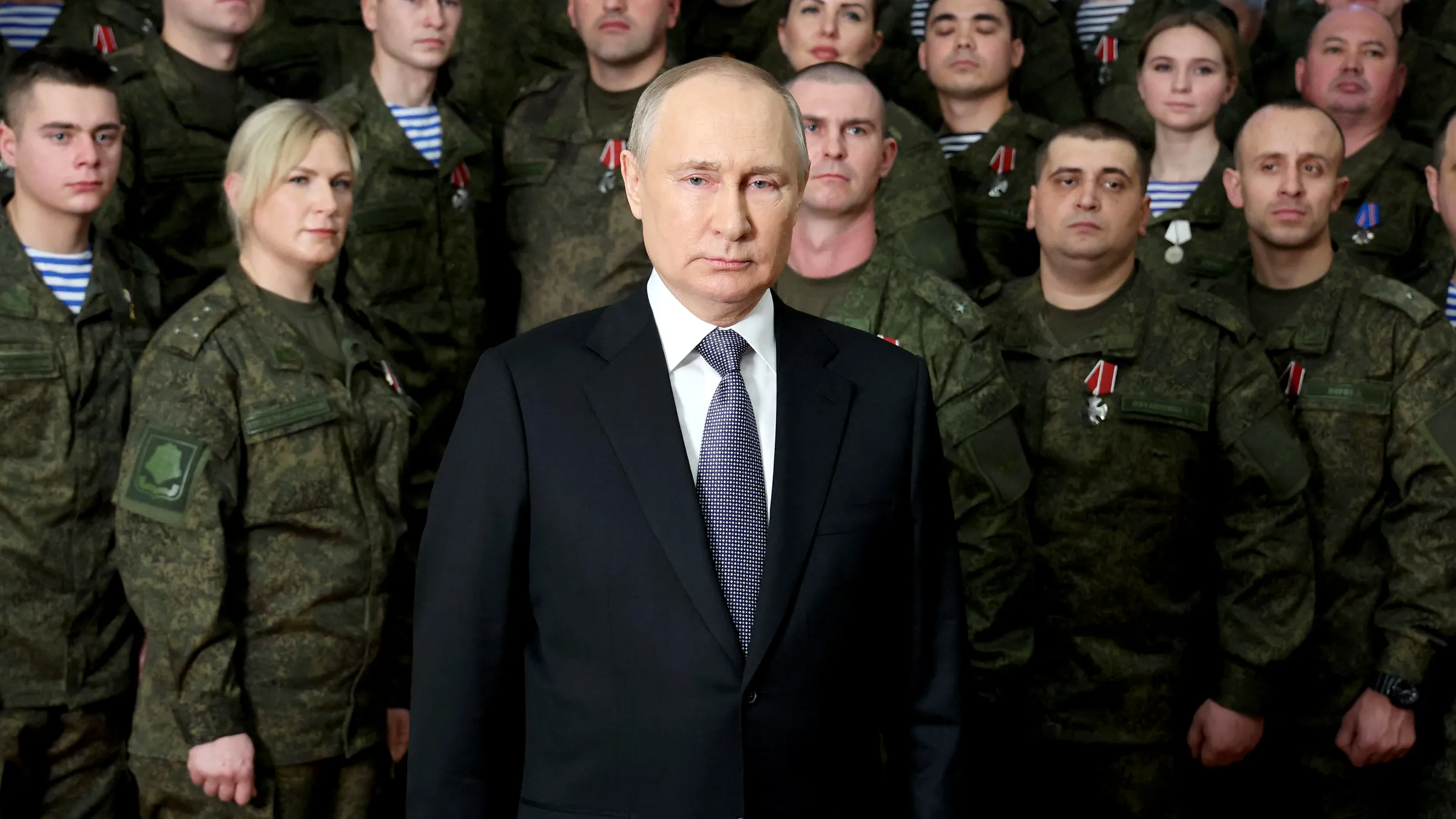Russia’s security apparatus is a complex web of organizations, each with specific roles and responsibilities. This intricate system has evolved over centuries, shaped by historical events and geopolitical shifts.
Key Security Agencies
- Federal Security Service (FSB):
- The primary security agency of Russia, often referred to as the successor to the Soviet KGB.
- Responsible for domestic security, counterintelligence, counterterrorism, and border security.
- Plays a significant role in political surveillance and suppression of dissent.
- Foreign Intelligence Service (SVR):
- Russia’s primary foreign intelligence agency.
- Responsible for gathering intelligence on foreign countries and organizations.
- Plays a key role in shaping Russia’s foreign policy.
- Ministry of Internal Affairs (MVD):
- Responsible for maintaining public order, investigating crimes, and enforcing laws.
- Has a significant role in internal security and counterterrorism.
- Federal Guard Service (FSO):
- Protects high-ranking government officials, including the President of Russia.
- Responsible for securing government buildings and installations.
Key Security Challenges Facing Russia
- Terrorism and Extremism: Russia has faced a significant threat from Islamist extremism, particularly in the North Caucasus region.
- Cybersecurity Threats: Russia has been a target of numerous cyberattacks, both domestic and foreign.
- Geopolitical Tensions: Russia’s relations with Western countries, particularly the US and NATO, have been strained, leading to increased security concerns.
- Economic Challenges: Economic instability can lead to social unrest and political instability, posing a threat to national security.
Russia’s Security Strategy
To address these challenges, Russia has implemented a comprehensive security strategy, which includes:
- Military Modernization: Russia has invested heavily in modernizing its military, particularly its nuclear arsenal and conventional forces.
- Cybersecurity: Russia has developed advanced cybersecurity capabilities to protect its critical infrastructure and counter cyberattacks.
- Intelligence Operations: Russia’s intelligence agencies play a crucial role in gathering information and influencing foreign policy.
- International Cooperation: Russia has sought to strengthen its security cooperation with other countries, particularly China and India.
While Russia has made significant strides in enhancing its security capabilities, it continues to face a complex and evolving security landscape. The ability to effectively address these challenges will be crucial for Russia’s long-term stability and prosperity.

Leave a Reply